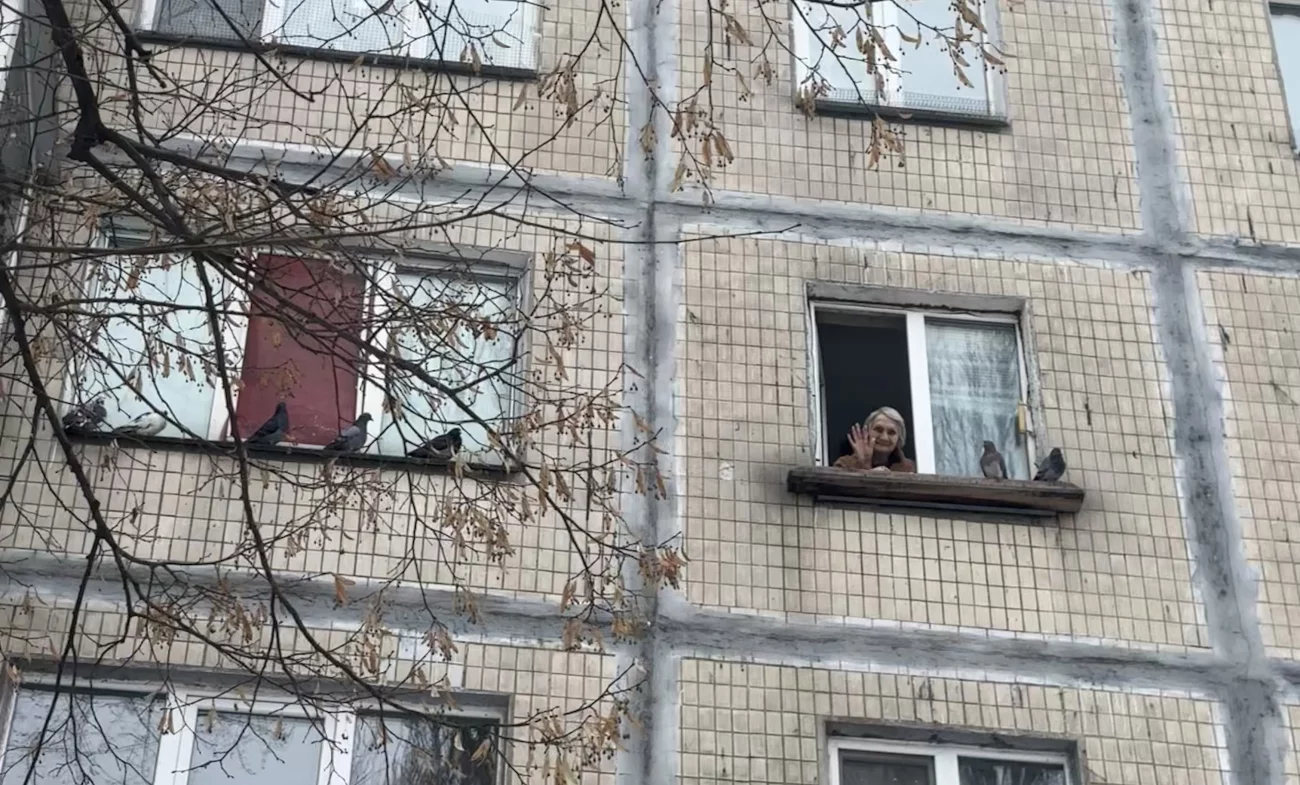Down at the Gaza city harbor, a little after dawn, merchants wait with horses and carts and scales to weigh the morning's catch of fish.
But when they come in, the fish are small and few. One man scoops his catch up by the handful, tiny fish slipping through his fingers. Even the cats look hungry.
One of the merchants, Mohammad Belah, tells me that a few years ago, it wasn't like this.
"A fisherman used to bring 100 or 200 boxes in the past, but now if he's lucky he brings 10 or 20 boxes," he says.
He adds that people like him are hardly able to earn a living, and that the problem is the limits Israel places on Gaza's fishermen.
The tiny strip of land lies along the Mediterranean Sea, but Israel's navy enforces a blockade on Gazan boats that over the years has gradually shrunk and now forbids sailing more than 3 nautical miles from shore.
Israel says the blockade is necessary to prevent arms being shipped to Gaza, or attacks being launched on Israel by sea. Palestinian officials say the blockade is illegal.





 Explosions were reported in the Russian port city of Novorossiysk overnight between Sunday and Monday.Novorossiysk hosts...
Explosions were reported in the Russian port city of Novorossiysk overnight between Sunday and Monday.Novorossiysk hosts... There's electricity on Kyiv's left bank today, so a small elevator carries visitors up to Liliya...
There's electricity on Kyiv's left bank today, so a small elevator carries visitors up to Liliya... Iran’s supreme leader Ali Khamenei has been killed, Iranian state media confirmed early on Sunday, in...
Iran’s supreme leader Ali Khamenei has been killed, Iranian state media confirmed early on Sunday, in...






























